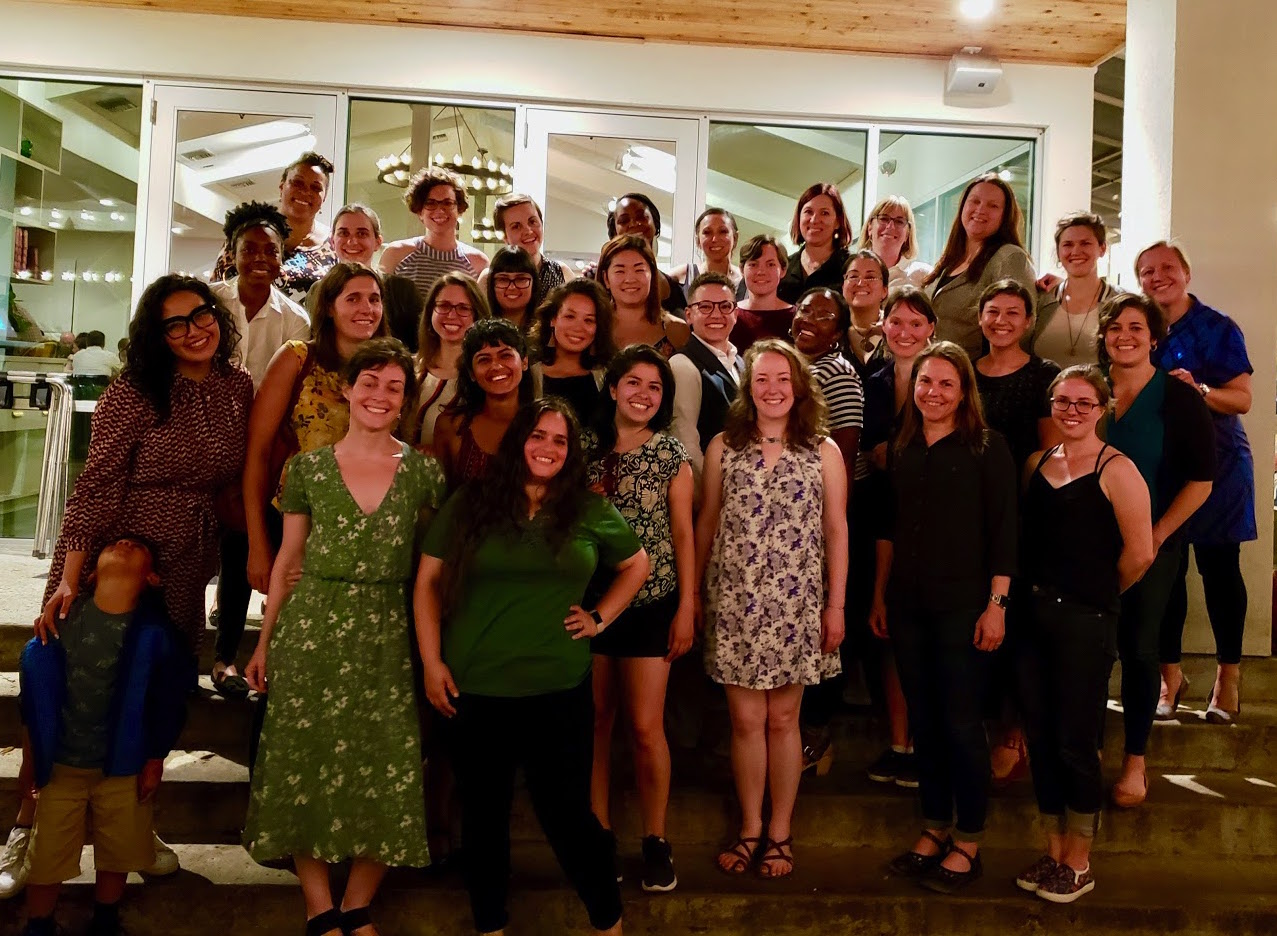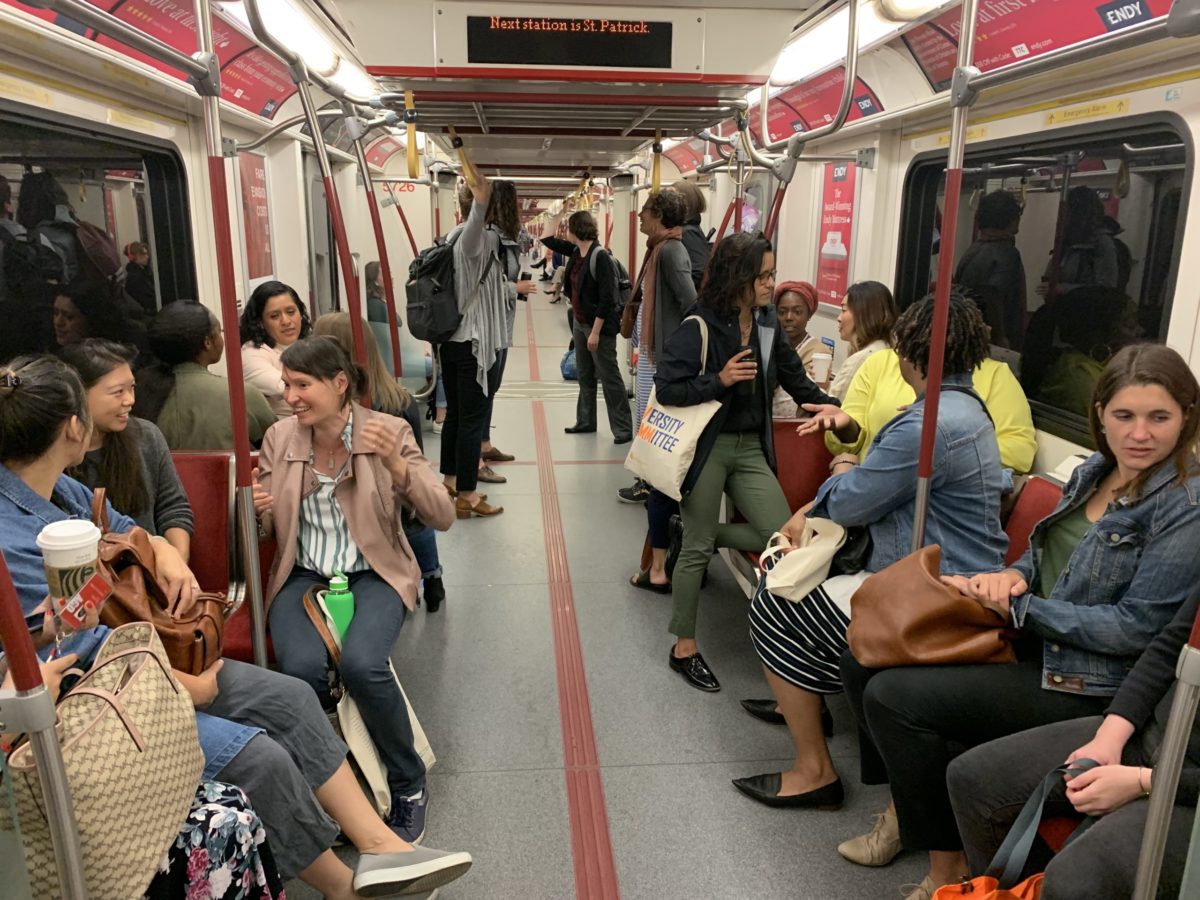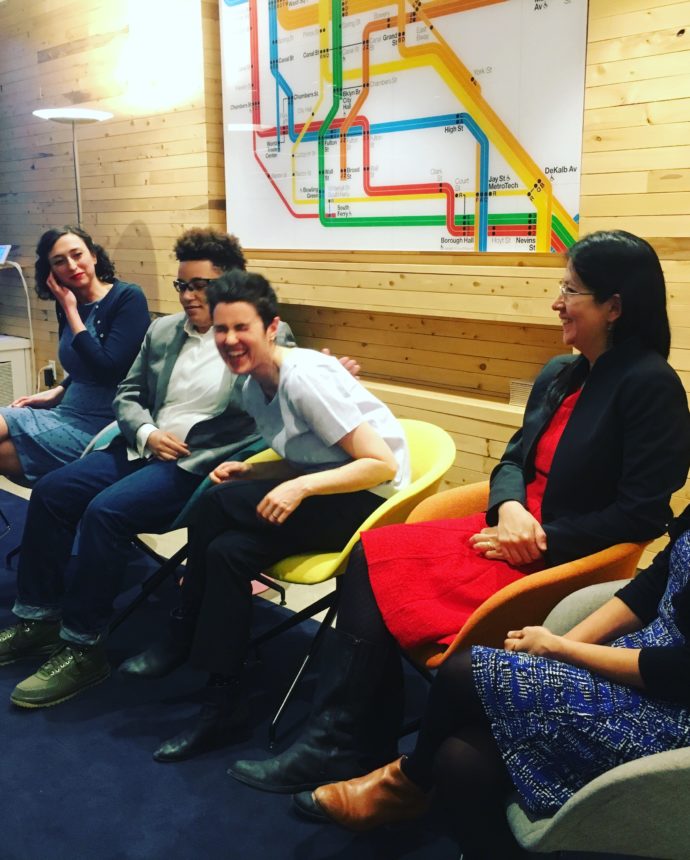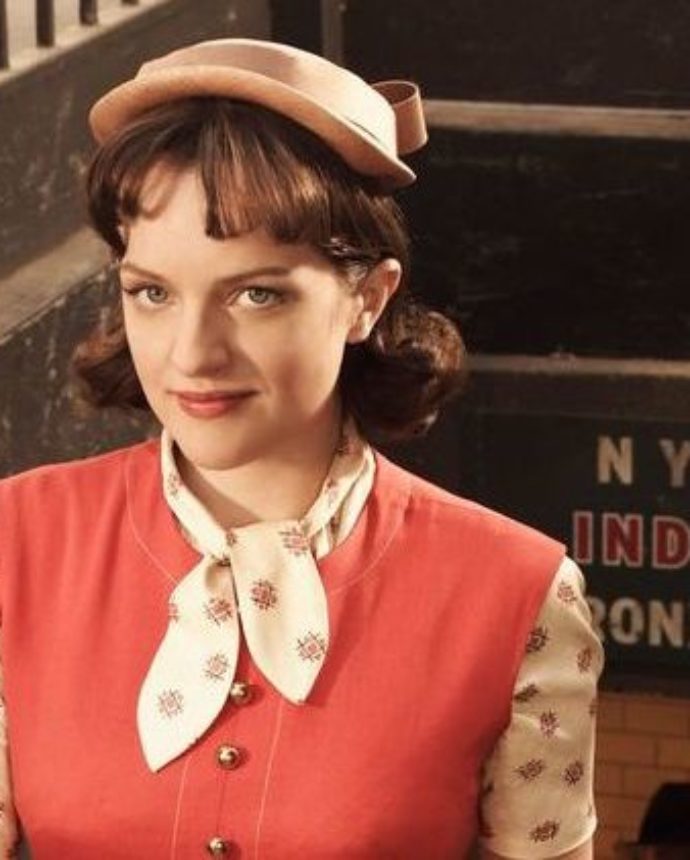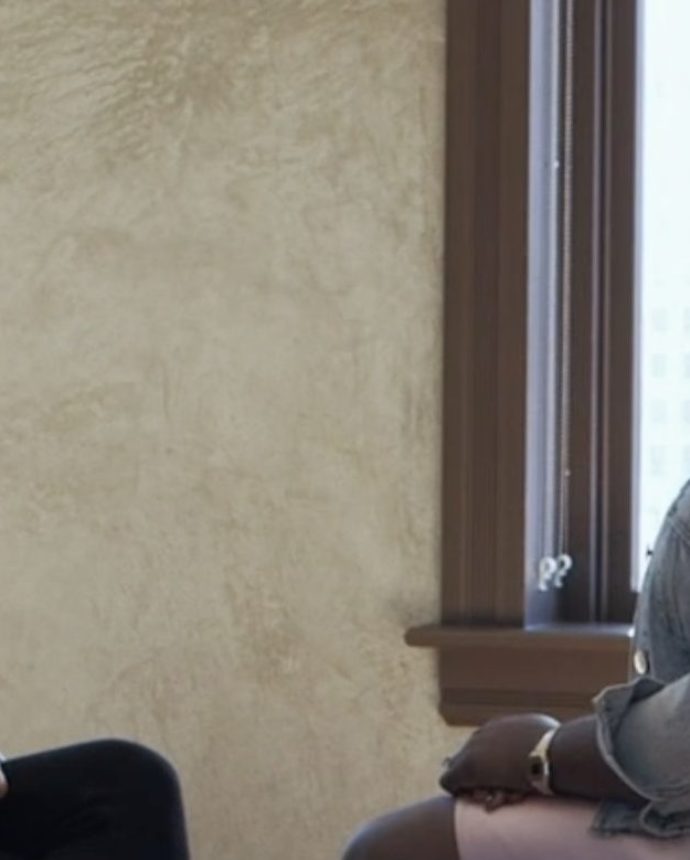Fifty-five percent of transit riders in the U.S. are women, yet women represent only 35 percent of the transportation workforce (US DOT, 2015). This lack of representation is particularly acute at the leadership level – of the top 40 transit agencies, there are only 7 women in CEO/General Manager positions. Transit agency boards, whose decision making can have tremendous impacts on riders, fare little better where representation is concerned. When leadership and staff are not reflective of riders they serve, how can they make choices that effectively meet the needs of these riders? This failure of representation has led to transit service throughout the U.S. that is built with the archetype of a male, home-to-work commuter in mind.
Women Changing Transportation (WCT) began in 2019 as an effort to foster community among women in the transportation field, recognizing the shared challenges of misogyny faced in a field dominated by men and masculine-normative ideals of success. We envisioned WCT as a space where the power of shared experiences could be recognized, healing could occur, and shared solutions and actions could be developed.
2020 came and threw us for a loop, forcing us to interrogate larger questions, and what it means to be “othered.” In our desire to create a space for women, we also realized the need for that space to be defined by the experiences of the women in the group. The murder of George Floyd in May 2020 brought the legacy of America’s structural racism into full focus and accentuated the importance of centering the voices of Black and brown women, who cannot extricate those identities from what it means to be a woman working in transportation, and moving in the world. As driven as we all are to fix a flawed field, interrogating how we are complicit in advancing ideologies—particularly relating to work—that establish racial and social hierarchy and “masculine-normative” ideas needed to be the foundation of any collective action.
As we launch the first issue of the Women Changing Transportation publication, we hope to shift the focus of the program – to bring the community, dialogue, and the development of shared solutions and actions that occured in the mentorship program to a much larger group of women. As Japanese poet and author Ryūnosuke Niihara wrote, “Individually we are one drop. Together, we are an ocean.” We hope the release of this first issue will be an activating platform for women across our field to engage with while also a space to make individual connections.
How exactly this external campaign/platform will emerge is still in progress. Throughout 2022, we hope to assemble an advisory board of women in the field who can help us shape the future direction. This does not mean we won’t continue the mentorship program in some form, but we are still navigating how to create and sustain a virtual community during a global health emergency. We hope we can return to this in some way as it becomes more comfortable and safe to gather.
Want to stay connected? Please add your email to receive our Women Changing Transportation newsletter.
